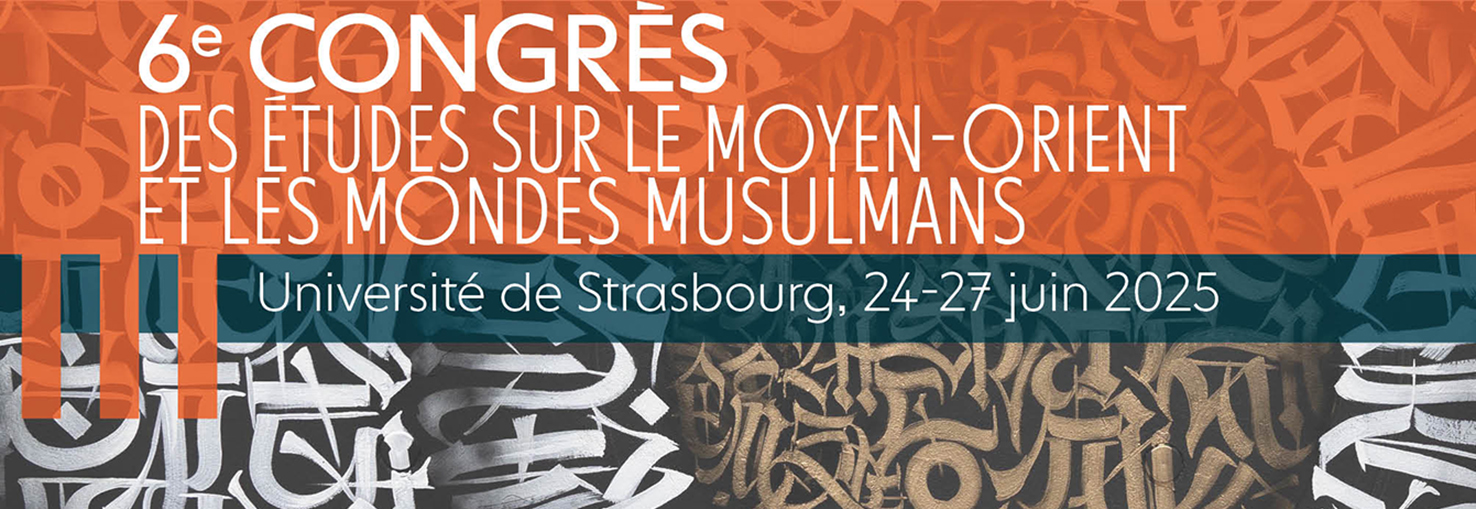Jeudi 26 juin 2025, 17h30-19h30, Salle 3R-02
RESPONSABLES DE L'ATELIER :
Francesco Correale (CNRS, UMR 7324, CITERE)
Sarah Daoud (UMR 7050, CERI)
INTERVENANTS :
Francesco Correale (CNRS, UMR 7324, CITERE) et Sarah Daoud (UMR 7050, CERI) : Comparer les colonialismes en Palestine et au Sahara Occidental : Quels enjeux
anciens et contemporains ?
Comparing colonialism in Palestine and Western Sahara: What are the historical and contemporary stakes?
Isaías Barreñada Bajo (Université Complutense de Madrid) : Du paradigme conflictuel au paradigme colonial, en Palestine et au Sahara occidental
From the conflictual paradigm to the colonial paradigm, in Palestine and Western Sahara
Insaf Rezagui (Université Paris-Cité) et Mohammed Qawasma (Université Paris-Saclay) : Le droit international au service de la reconnaissance de la Palestine et du Sahara occidental
International law at the service of the recognition of Palestine and Western Sahara
Rossella Urru (Université de Genève) : Subjectivité de populations affectées et aide humanitaire – Cas d'étude
Subjectivity of affected populations and humanitarian aid—Case studies
Ozman Ahmed Bahiya (Université de Tours, UMR 7324, CITERES) : La question saharaouie entre Alger et La Havane dans les années 1970
The Sahara question between Algiers and Havana in the 1970s



